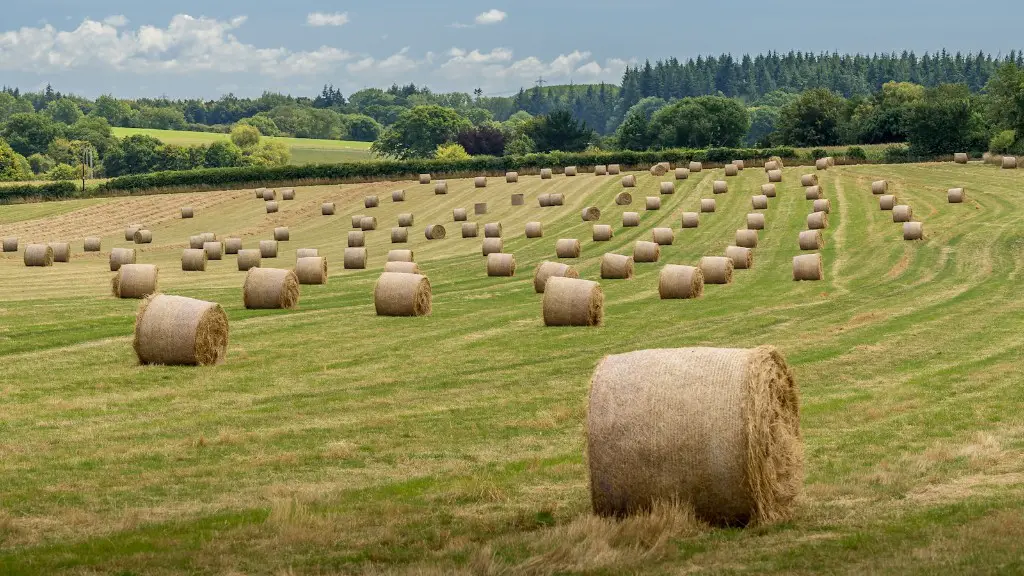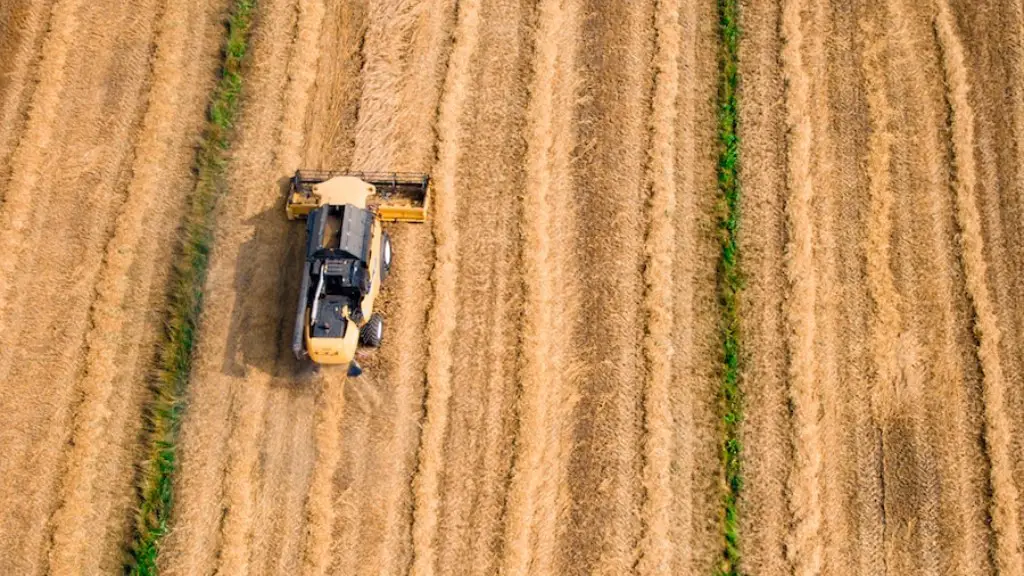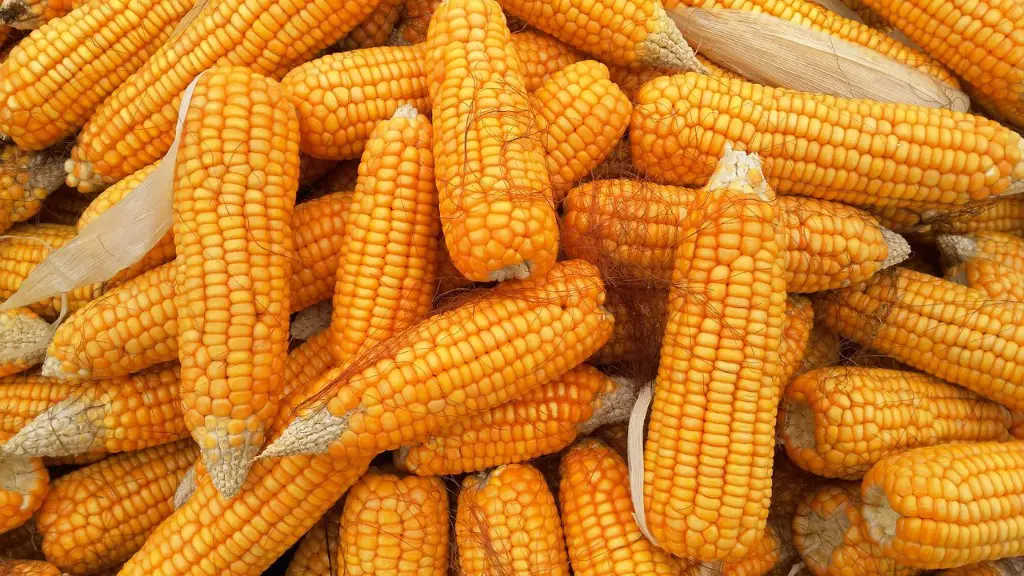Agriculture is a social science that has been studied and practiced for centuries. It is not only the study of plants and animals, but also the relationships between people and their environment. Agriculture is a complex system of practices that involve not only land, but also the resources used to cultivate it, such as water and soil. It is a social science because it involves the economic and cultural dynamics of society, as well as many legal aspects. This includes the study of agricultural policies and public institutions, as well as the interaction between business, markets, and farmers. It is also a science that responds to the needs of society and its changing demands. For example, with the development of biotechnology, agricultural science has responded to the demands of consumer demands.
Agricultural science is closely related to the social sciences, as it seeks to understand the relationship between humans and nature. It is also closely related to other disciplines such as economics and sociology, which are also concerned with understanding the environmental and political issues surrounding agriculture. Agriculture is also closely related to environmental science, which focuses on sustainable land use practices and the management of resources. It is important to note that agricultural science is more than just the study of crops and animal husbandry. It also takes into account the social and economic aspects of farming, and the ecology of the land.
Agriculture provides many important services to people, such as food security, sustainable production and economic growth. Agricultural science is a powerful tool for managing natural resources and developing sustainable food systems. It is also an important contributor to public health and social wellbeing. With the advance of technology and the spread of information, agriculture has become central to global progress and development.
Agricultural science is also the foundation of rural development. It helps to match the needs of rural communities with available resources, and promote the growth of communities. It is also linked to the sustainable development of smallholder farms, and helps to build the resilience of agriculture to climate change, drought and other environmental pressures.
In conclusion, agriculture is a social science that connects people and the environment, and contributes to good economic, social, and ecological outcomes. It is an essential component of any development effort and deserves greater attention, research, and resources.
Environmental Impacts of Agriculture
Agriculture is one of the most significant sources of environmental impacts globally, ranging from deforestation and loss of biodiversity to water pollution, soil degradation and the excessive application of fertilizers and pesticides. With the rapid growth of the human population, the increased demand for food has resulted in modern agricultural technologies, such as chemical fertilizers and genetically modified organism (GMO) crops. These technologies have greatly increased production and efficiency. However, there is also a corresponding increase in environmental degradation.
Agriculture is a major contributor to climate change, both directly and indirectly, as it contributes to the release of greenhouse gases and changes in land use. The destruction of forests for crop production and grazing and the burning of fossil fuels for agricultural machinery, leads to increased emissions of carbon dioxide and other greenhouse gases. Soil erosion caused by intensive farming erodes soil fertility, reduces crop yields and can even cause desertification. Irrigation and water runoff from agricultural sites can pollute streams, rivers and other waterways, contaminating them with chemicals from fertilizers, pesticides and manure.
The overuse of pesticides, fertilizers and other pollutants can lead to the destruction of ecosystems, resulting in the reduction of biodiversity. Pesticide runoff can enter water systems, endangering water-dwelling organisms and leading to health problems due to chemical contamination. Finally, overcultivation can result in soils becoming compacted which can lead to reduced nutrient levels, soil structure damage and lower crop yields.
Therefore, it is important to be aware of the environmental impacts of agriculture and develop strategies to mitigate these risks. This can include reducing the use of chemicals, promoting sustainable soil management practices, promoting natural enemies to combat pests, improving irrigation techniques, diversifying cropping systems, employing agroforestry techniques and reducing greenhouse gas emissions.
Impact of Agriculture on the Economy
Agriculture is a major contributor to the economy. Primarily, it provides essential raw materials for the food and beverages sector, which is a large component of the global economy. It is also an important source of foreign exchange, particularly for developing countries. Agriculture supports many industries, providing employment to many people and contributing significantly to GDP in both developed and developing countries. The impacts of agricultural on the economy are both direct and indirect.
Direct impacts of agriculture on the economy include employment of people involved in the production of agricultural products, as well as wages and profits for farmers and related business owners. Agricultural products are also important for the manufacturing industry. For example, grains are used in the production of bread, beer and other products produced by the food industry. Cotton, wool and other fabrics are used in clothing production. The sale of agricultural products also supports large numbers of people in trade, distribution and transport. Finally, agriculture supports the tourism industry by providing attractions for visitors.
Indirect impacts of agriculture on the economy include costs associated with the production of agricultural products. These can include the cost of inputs such as seeds, fertilizers, water and machinery, as well as labor costs. These costs can have a significant effect on the overall economy. In addition, agricultural practices can have wider environmental implications on the quality and availability of resources such as land, water and air.
Therefore, agriculture is an important sector of the economy which has both direct and indirect impacts. It is important to develop sustainable agriculture practices and policies that consider the economic impacts of agriculture, while minimizing the environmental and social impacts.
Social Impact of Agriculture
Agriculture has a wide range of social impacts, both positive and negative. On the positive side, it provides employment and increases income for small-scale farmers, agricultural laborers and their families. It also fosters a sense of community and encourages social interactions between people. However, there are also several negative impacts of agriculture, such as increased poverty, malnutrition, disease and displacement.
The loss of rural land for agricultural use can lead to farmer displacement, which is a major issue in many developing countries. Overpopulation in rural areas can lead to higher unemployment and overcrowding. This, in turn, can lead to poverty, hunger, malnutrition and disease. The use of pesticides and other chemicals in industrial farming can also lead to environmental pollution and health problems.
Therefore, it is important to take into account the social impacts of agriculture and develop policies and practices that seek to reduce negative impacts, while encouraging positive impacts. This can include investing in rural development, promoting gender equality and better access to resources, and encouraging sustainable land use practices. It is also important to acknowledge the rights of farmers and agricultural laborers and ensure that they have access to fair wages and working conditions.
Conclusion
In conclusion, agriculture is a complex social science which has direct and indirect impacts on the environment, economy, and social wellbeing. It is important to consider the various impacts of agriculture and ensure that policies and practices are developed to reduce negative impacts and encourage positive outcomes. This includes investing in rural development, promoting sustainable land use practices, and acknowledging the rights of farmers and agricultural laborers. By doing this, we can ensure that agriculture is done in a way that is beneficial for all stakeholders.




